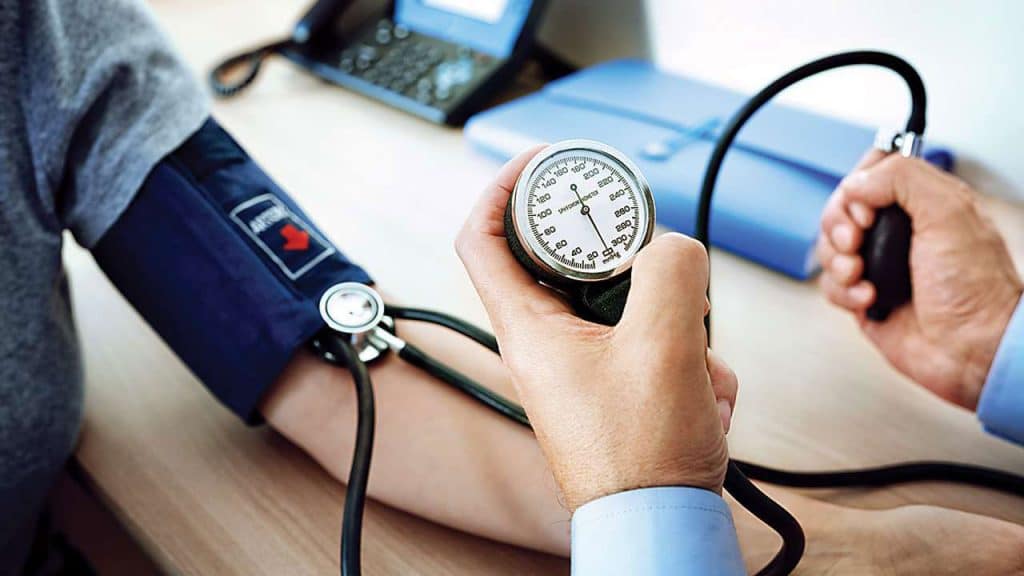Whenever you visit the doctor, whether for a regular checkup or for a specific complaint, there’s a good chance that they will measure your blood pressure. It’s a key part of your overall health and may serve as an early warning that you are at risk of other medical conditions.
The ideal blood pressure sits somewhere around the 120/80 mark. The top figure is what’s known as the systolic pressure, and the bottom is known as diastolic. One measures the force used to pump blood around your body, while the other is taken as the heart relaxes. If it goes above 140/90, you have hypertension or high blood pressure, and the doctor will recommend that you take steps to bring it down again.
You might bring it down to average, but you won’t want it below 90/80 because that’s when you might be diagnosed with low blood pressure, properly called hypotension. Your heart may have to beat faster and blood vessels squeeze more narrowly just to make sure blood travels properly around the body. You might not have any symptoms, but if you do, they could cause some discomfort.
If you feel dizzy, sick and light-headed, especially when you sit or stand up rapidly, you may be one of the small group of people who shows symptoms of their low blood pressure. That means you may want to take steps to alleviate it, from being more careful when rising to drinking less caffeine. It’s rare to try to use medication to manage hypotension.
So, what exactly causes low blood pressure? You’ll probably be glad to hear it’s not entirely your fault. If your parents or grandparents had hypotension, you’re at risk of inheriting the gene. There are also certain stages of your life, from old age to pregnancy, when you’re more likely to develop it and you should be more aware of possible signs.
Other causes are often found in the blood and circulatory system. For example, it can be associated with conditions like arrhythmia, low heart rate and heart failure as well as anemia (a deficiency in iron or vitamin B12). Hypovolemia, which is when you have low overall blood volume, is a big factor. Sudden and severe blood loss can lead to what’s known as hypovolemic shock, which at its worst can be fatal.
Dehydration can also be a major cause. Endocrine disorders that interfere with the hormones can contribute. Sudden drops in blood pressure can come when you stand up, or after eating. It might fall during a medical emergency, such as when you have anaphylactic or septic shock. There are various medications, including some diuretics, antidepressants, beta blockers and drugs for Parkinson’s disease, that are known to have an effect.
Most of the time, low pressure is nothing to worry about, but it can cause some problems. In the worst cases, it can even be associated with potentially life-threatening conditions like shock. Therefore, it’s important to get your pressure checked regularly and understand if you are at risk.




